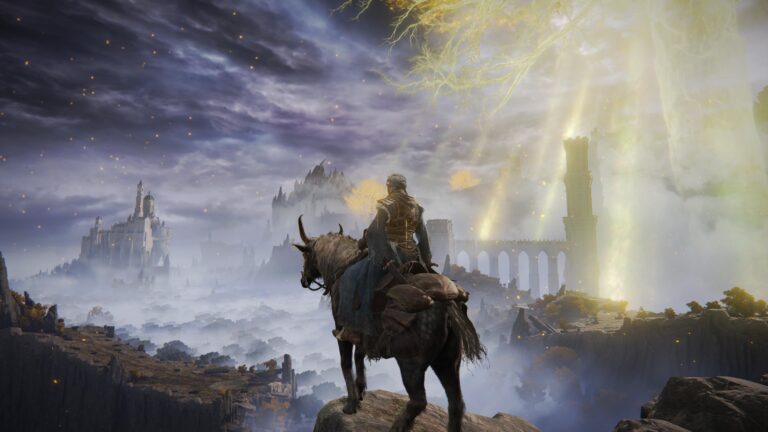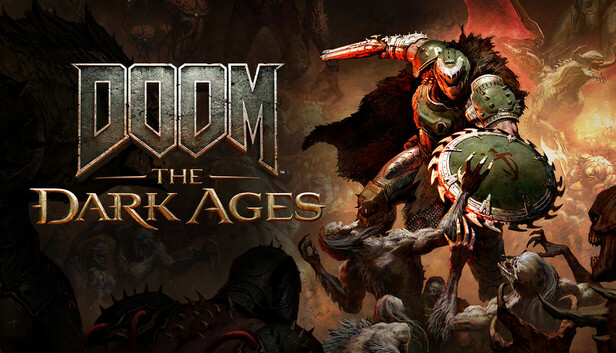Game data not found.
Story
Ultima: Quest of the Avatar, the fourth installment in the Ultima series, marks a significant departure from the typical “hero versus villain” narrative prevalent in video games of its time. Released in 1985, the game’s storyline emphasizes personal growth and ethical development over traditional combat and conquest. Players are tasked with the unique objective of attaining the status of the Avatar, a paragon of virtue, by mastering the Eight Virtues of Honesty, Compassion, Valor, Justice, Sacrifice, Honor, Spirituality, and Humility.
The game is set in the fantasy world of Britannia, where the player, as the Stranger from Another World, is summoned by Lord British to embark on this spiritual journey. Unlike previous entries in the series, there is no singular antagonist to defeat. Instead, the player must explore the land, interact with its inhabitants, and undertake quests that test their adherence to the Virtues. The narrative is richly layered with philosophical undertones, encouraging players to reflect on their moral decisions throughout the game.
Gameplay
Ultima: Quest of the Avatar offers a deep and engaging RPG experience that was groundbreaking for its time. The gameplay revolves around a top-down perspective as players navigate the expansive world of Britannia. The core mechanic involves aligning the player’s actions with the Virtues, which are intricately woven into every aspect of the game.
Character Development and Progression
Character development is heavily influenced by the player’s ability to embody the Eight Virtues. Actions in the game are constantly evaluated against these moral principles, and the player’s progress is measured by their virtue score. This innovative system encourages players to consider their choices carefully, as actions such as stealing, lying, or killing innocent creatures can negatively impact their quest to become the Avatar.
Exploration and Quests
The world of Britannia is vast and filled with towns, dungeons, and hidden locations. Exploration is a key component, with numerous quests and side missions that challenge the player’s understanding of the Virtues. Each town is associated with a specific Virtue, and players must engage with NPCs to learn more about the principles they are striving to embody. The game also features a robust inventory and equipment system, allowing players to customize their character’s abilities and appearance.
Combat System
While combat is not the primary focus of Quest of the Avatar, it remains a crucial element of the gameplay. Battles are turn-based and occur when the player encounters enemies in the overworld or within dungeons. Success in combat requires strategic thinking and effective use of spells and equipment. However, players are often encouraged to seek non-violent solutions to conflicts, aligning with the game’s overarching themes of virtue and morality.
Graphics and Sound
For its time, Ultima: Quest of the Avatar was a visual and auditory marvel. The game utilizes a top-down perspective with detailed 2D graphics that bring the world of Britannia to life. The towns and landscapes are intricately designed, providing a sense of depth and immersion that was revolutionary in the mid-1980s. Character sprites and enemy designs, while simple by today’s standards, are clear and distinct, allowing players to easily identify allies and foes.
The sound design complements the graphics, with a memorable soundtrack composed by Kenneth W. Arnold. The music enhances the game’s atmosphere, with each town having its own theme that reflects the associated Virtue. Sound effects, though limited by the technology of the era, effectively convey the actions and events within the game, from the clanging of swords to the magical hum of spells being cast.
Legacy and Reception
Ultima: Quest of the Avatar is widely regarded as a landmark title in the history of video games, particularly within the RPG genre. Its innovative approach to storytelling and character development set a new standard for how games could explore complex themes and challenge players to think critically about their actions.
The game’s reception was overwhelmingly positive, with critics praising its depth, narrative complexity, and moral engagement. It was a commercial success and solidified the Ultima series as one of the most influential RPG franchises. Quest of the Avatar has been credited with inspiring future game designers to incorporate ethical decision-making and nuanced storytelling into their projects.
Over the years, Quest of the Avatar has been re-released on various platforms, including a memorable port to the Nintendo Entertainment System (NES). These re-releases have introduced the game to new generations of players, further cementing its status as a timeless classic.
Conclusion
Ultima: Quest of the Avatar remains a defining moment in video game history, challenging players to become more than just warriors or heroes, but paragons of virtue. Its emphasis on moral choices and personal growth continues to resonate with audiences, influencing countless games that have followed. The legacy of Quest of the Avatar lies in its ability to push the boundaries of storytelling in gaming and to inspire players to reflect on the nature of virtue and morality, both within the game and in their own lives. Its impact is still felt today, making it an essential experience for any fan of the RPG genre.















